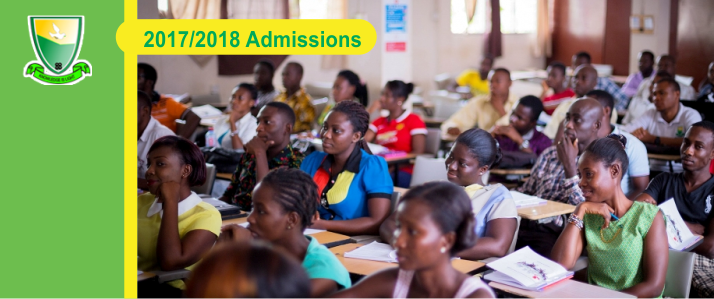The Governance Studies Students Union (GOVSSU) of the Governance Studies Department of the Evangelical Presbyterian University College (EPUC) in Ho, is embarking on public education on the district assembly elections slated for 17th December, 2019.
This initiative of the department, according to the President of GOVSSU, Mr. Florentius Maloe Nsua, is to support the urgent need to educate the public to clear the confusion on the difference between the direct election of Metropolitan, Municipal and District Assembly (MMDCEs) and multi-party elections of MMDCEs. The public education which is to be carried out in ten (10) out of the eighteen (18) districts in the Volta region is aimed at explaining the on-going processes, mobilise citizens’ participation in and support the successful implementation of the recent decision to transform the local government by enabling MMDCEs to be elected on party card.
The President of GOVSSU also noted that once the constitutional instrument for the referendum has been passed, there is the need to engage the citizens on the pertinent issues around the referendum. He indicated that the Union will commence with the public education on Saturday, 31st August, 2019 and added that the Union is also ready to partner civil society organizations and the political parties to work together in mobilizing popular support for the referendum.
The Head of Department of the Governance Studies, Mr. Harrison Kofi Belley, who is also the Executive Director of the African Centre for Parliamentary Journalism and Research (ACPJR), said the amendment of Article 55(3) to pave way for the participation of political parties in the district level elections and Article 243(1) on the appointment of MMDCEs, would strengthen democratic stability, developmental governance and accelerates transformational and inclusive local economic development.
He explained that the amendment would help create enabling political, legal, financial and decentralized environment which would allow independent political parties to effectively function as developmental parties but not marginalized election and business machines in post-elections eras.
He added that the national referendum on the amendment would be deemed to have been approved by the majority if a minimum of 40 percent of the registered voters’ turnout in the referendum and 75 percent voted in favour of the amendment.
Source: Harrison Kofi Belley, www.thelakenewspaper.com









